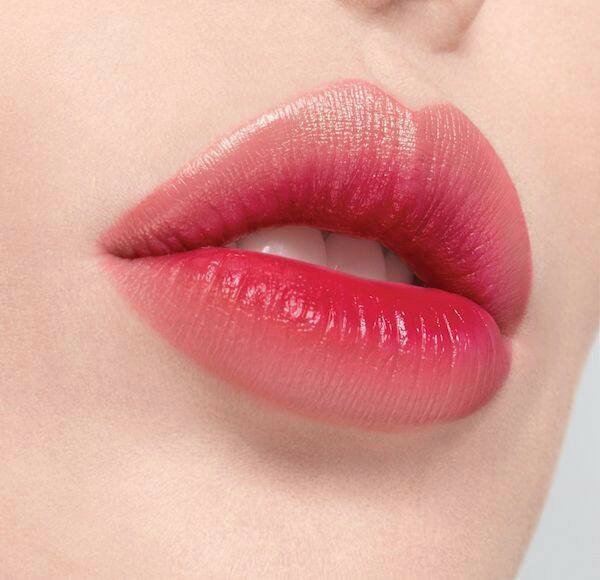
Tattooing has been practiced for centuries by numerous cultures throughout the world. Ancient Egyptian mummies have been excavated bearing lip tattooing perth and Julius Cesar actually described tattooed Germanic tribes in 54 BC. Some cultures believe that tattoos have magical qualities and adorn themselves for protection or good luck. In many societies, both ancient and modern, getting a tattoo represents a rite of passage.
Today tattoos have become commonplace and are a prominent part of our mainstream culture. According to the American Academy of Dermatology over 35% of Americans between the ages of 18 and 29 have one or more tattoos. One out of every eight adult Americans has a tattoo and the percentage is even greater in Britain and Australia. Popular shows such as LA Ink and Miami Ink have brought tattoo culture to a massive audience.
Despite all these statistics, tattoos are still not commonly accepted in the workplace. Quite a few employers do not permit visible tattoos. This means that millions of people all over the world make an effort to conceal their body art on a daily basis. Employees working in such fields as health care, shipping, banking, retail and the service sector often have to maintain two personas in order to keep their jobs. One persona represents the professional image they must project and the other persona represents who they really are.
A double identity wouldn’t be necessary if tattoos were not prohibited in many corporate and institutional environments. Respected brands such as Starbucks, Office Depot, Panera Bread, The Body Shop and AMC Theatres all enforce a no visible tattoo policy in the workplace. Freedom of expression is protected in the US by the First Amendment but this does not apply in the workplace. According to Burleson Consulting employers have the right to discriminate against what are deemed “optional” appearance traits. However, not all major employers restrict or ban tattoos in the workplace. Ford Motor Company, Boeing, Subway and Wal-Mart all allow employees to display “non-offensive” tattoos while at work. This does allow for some interpretation as to exactly what a “non-offensive” tattoo is.
While the overall trend may be shifting towards more relaxed tattoo policies, there are still pockets of conservatism that crop-up from time to time. Sky News reports that a large number of restaurants and hotels in Sydney, Australia are now banning patrons with tattoos. All visible body art is to be covered at all times in many popular Sydney restaurants and watering holes. One restaurant owner is even quoted as saying that the policy is designed to “keep out the common riffraff.”
Entire industries have come into existence because of the prejudice associated with tattoos. Tattoo cover-up sleeves, concealer makeup, skin toned body tape and laser tattoo removal are all businesses based on the need to cover or get rid of tattoos. Laser removal has a reputation for being expensive and painful. It can take up to ten treatments to remove darker tattoos with lasers.